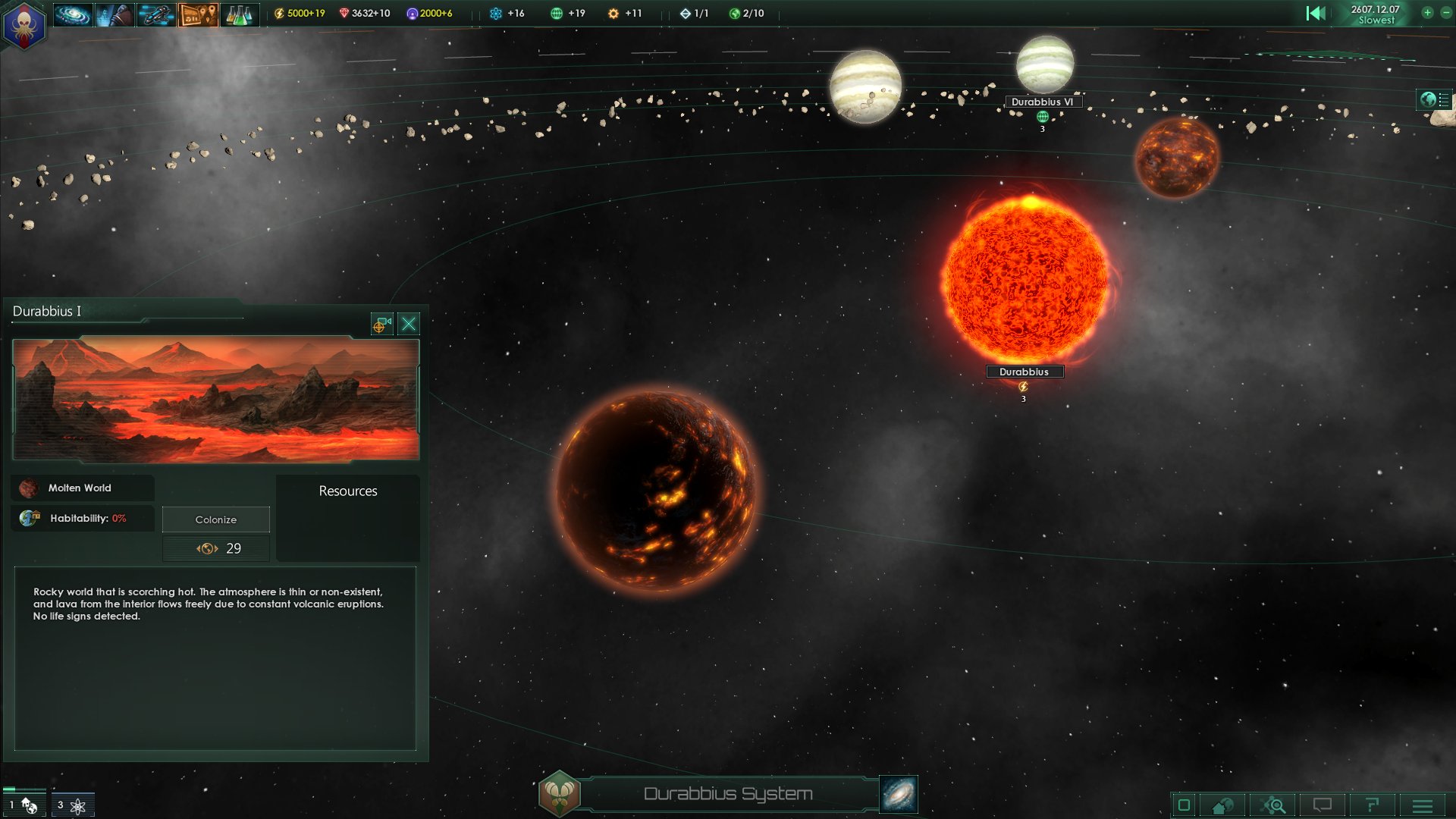You too can play Stellaris.
It was the assignment no one wanted.
The review opportunity sat in the email-verse for a day or two while everyone collectively said "A 4X game? Yeah… no." It's not that grand strategy is a particularly loathsome genre, or that no one thought Stellaris would be good. It's that 4X games are intimidating as hell.
As if that wasn't intimidating enough, Stellaris takes place in space, which is a theoretically limitless area of galaxies, planets, stars, asteroids, and aliens, not all of whom are friendly. And don't forget about the citizens of your planet, who produce minerals you use to make spaceships, energy you use to maintain them and research you use to improve them, all for the sole purpose of global, I mean, universal domination. With those two sentences, I think I've covered just a fraction of the basics.
What does one do with this almost impossible review assignment, for someone who has literally never played a 4X game?
1. Cry.
2. Read tutorials you don't understand.
3. Watch tutorial videos before getting lost five minutes in.
4. Cry a little more.
5. Doubt your existence as a game reviewer.
6. Just play, and ramp the tutorial settings up to "blithering idiot," which you fucking are.
7. Play the best game to come out all year.
Sure, Stellaris stacks up in all the measurables—it's the prettiest and the deepest, and it wasn't marred by any serious technical issues, which is becoming a novelty nowadays—but it's the intangibles that really separate Stellaris from the pack. Its addictive nature and entertainment value are much harder to quantify. All I know is that I had to pry myself away from the game to do even simple things like eat and sleep, let alone write this review.
The success of Paradox's latest comes down to accessibility. I was surprised how easily I took to Stellaris after convincing myself that I wouldn't and couldn't. With the aforementioned tutorial settings, it walks you through the various scenarios in a way that feels organic, without cramming a game's worth of information down your throat and saying "have at it." That's why tutorial videos aren't really going to help you if you don't already know what you're doing. This is fundamental stuff, but it's also the most important. You can make the greatest game in the world, but if it's hidden behind impossibly convoluted gameplay with no reasonable "in," then no one will ever play it.
Then you'll start to catch on. You'll learn about producing and upgrading structures on the planet surface. You'll learn what to buy with your minerals. Then you'll realize that there's still so much to learn. You'll figure out that you don't necessarily need a Frontier Outpost to build orbital stations. You'll ask yourself how to upgrade your ships, and you'll find the answer. Then you'll realize that there are other systems just like yours who are also trying to expand and conquer, and before you know it, you'll have double-digit hours logged and still have the sneaking suspicion that you've hardly cracked the surface.
But you'll still be playing. Stellaris is the type of game that let's you fumble around for a few hours without ruining you. Don't know what you're doing in a city sim game? Good luck not going bankrupt before I finish this sen-. Don't know what you're doing in Stellaris? You'll figure it out. You got time.
I played the humans (or the United Nations of Earth) because they were the first ones to pop up on the screen, and because being in our own galaxy increased my accessibility. There was a curious lack of a thing called Pluto (planet, dwarf planet. or otherwise), which was apparently hotly debated well before the game's release, but whatever. I built up a formidable army that never faced anything it couldn't handle, blowing things up and then scanning their remains for Intel (a good basic strategy). And just when I thought I was unstoppable, I ran into a small fleet of independent aliens that made me run away. Time to invest more in defense!
The humans are xenophiles, contrary to every movie about aliens ever. We don't like slavery, and we learn quickly. And as complex as the interactions with the outside world can be as humans, those are just the default settings, and humans are just one of six species you can play who are all abundantly customizable.
What guides everything in Stellaris is research. Apparently the world will suddenly care about scientific and astronomical advancement 200 years from now, and we'll jump at every opportunity to research more technology. This becomes all the more exciting when the game's event system will pop up. You'll discover an anomaly while scanning a planet and immediately research it. You'll encounter a new being. Go all Independence Day: Resurgence on them and use their weapons against them 20 years later!
It's good that, in a game about space, I've never felt limited, because there shouldn't be limits. While this almost feels like "Sim Universe" at times, the core difference is in something for which to strive and active threats beyond your own mishandling of resources and the occasional fire to put out. There's a whole universe out there, and I can't wait to play through Stellaris as many times as it takes to experience the whole thing.
Me to everyone who passed this up: "suckers."
-
Exciting events
-
Accessible
-
Fully-fledged gameplay layers
-
Polished graphics
-
Addicting and engaging
-
No Pluto. What the hell?
stellaris
-
stellaris #1
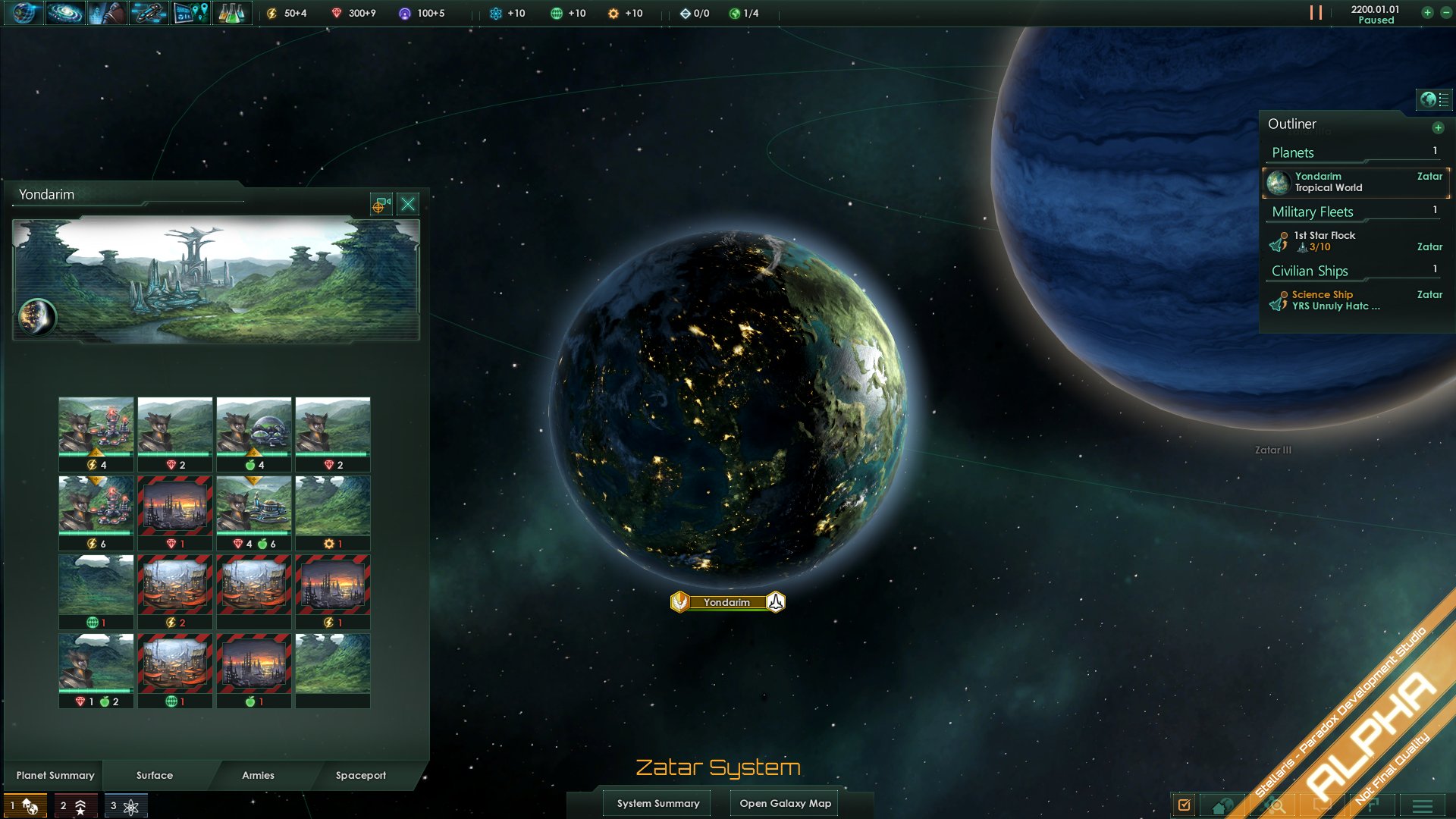
-
stellaris #2
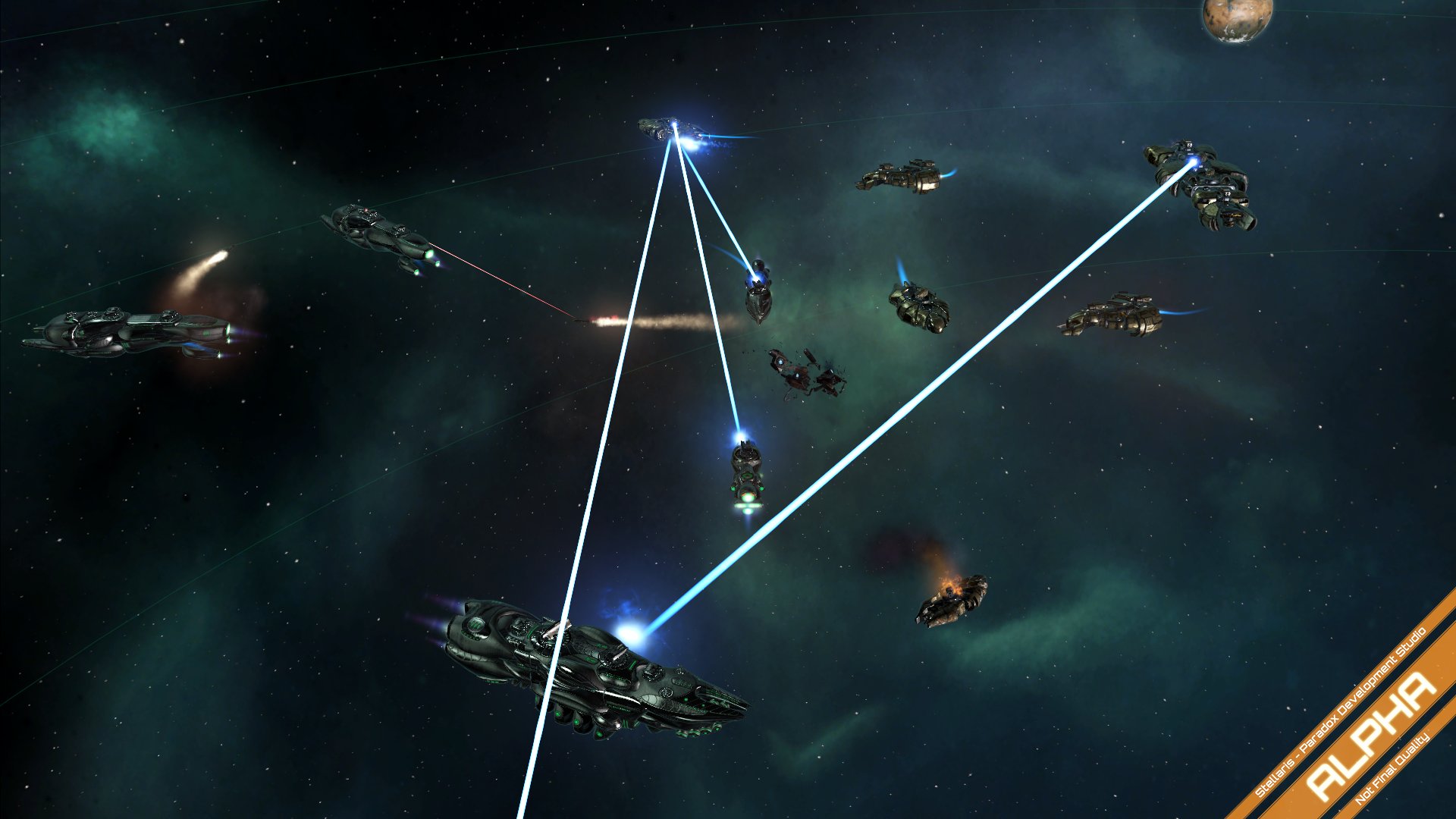
-
stellaris #3
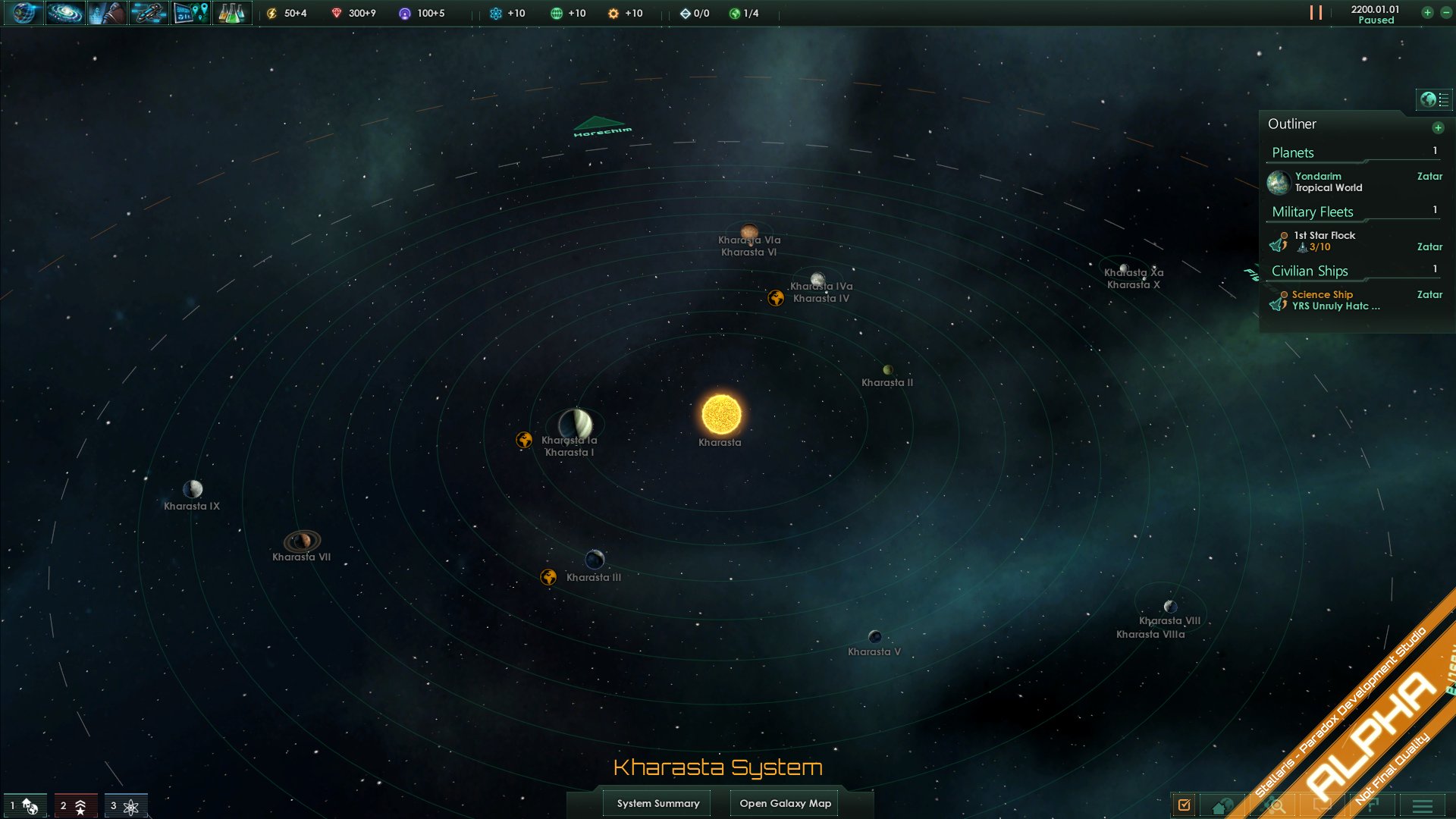
-
stellaris #4
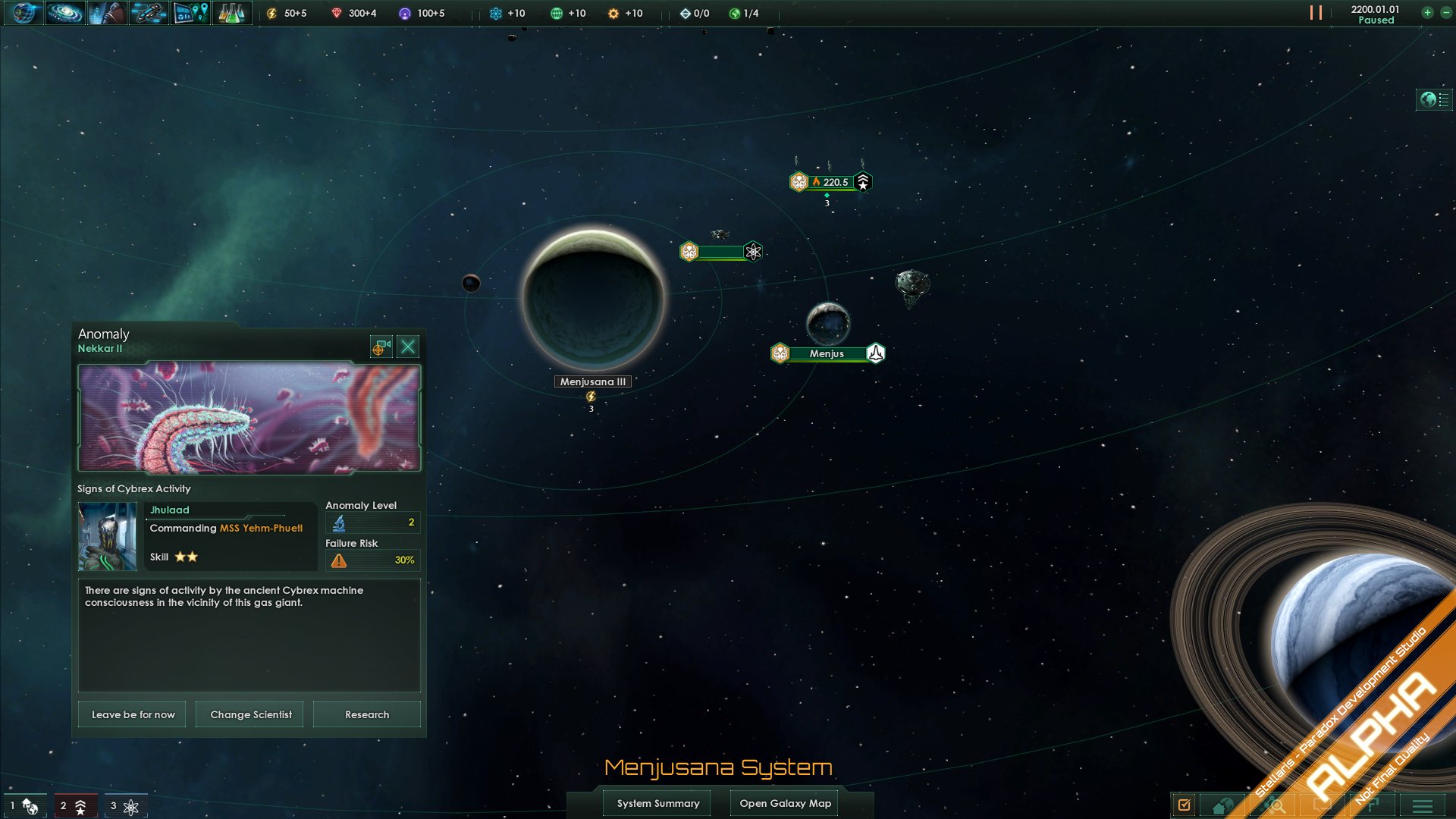
-
stellaris #5
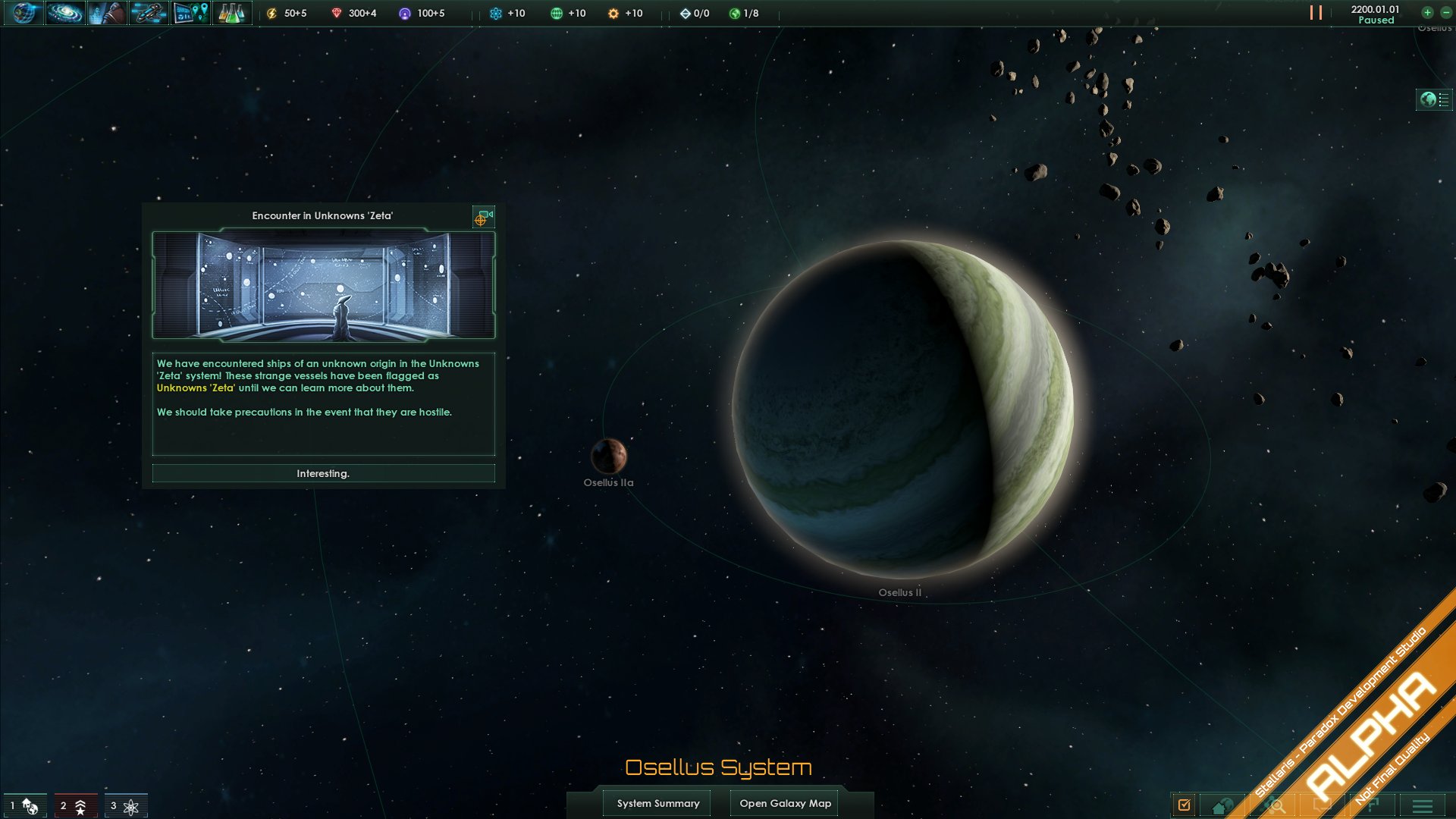
-
stellaris #6
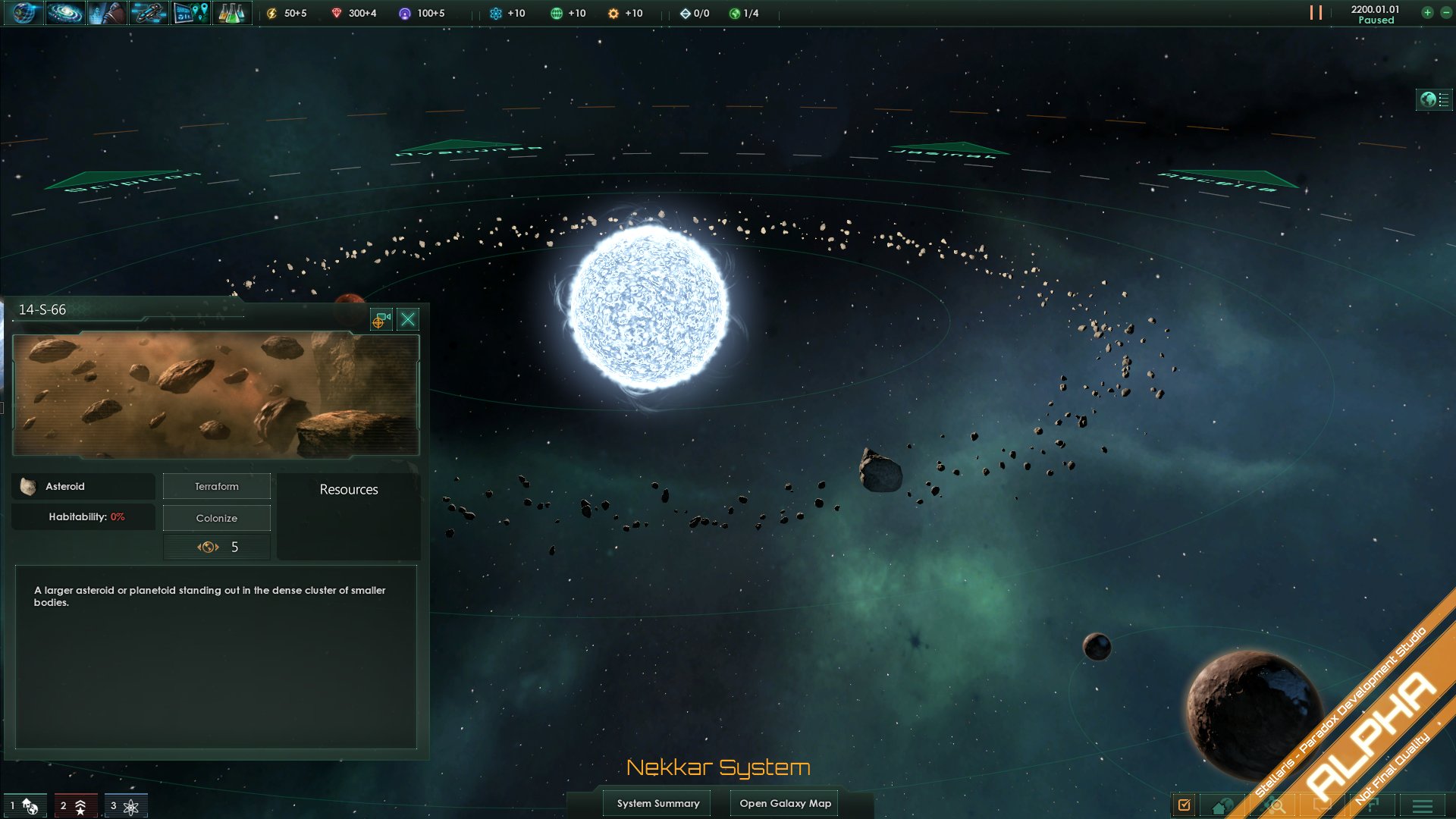
-
stellaris #7
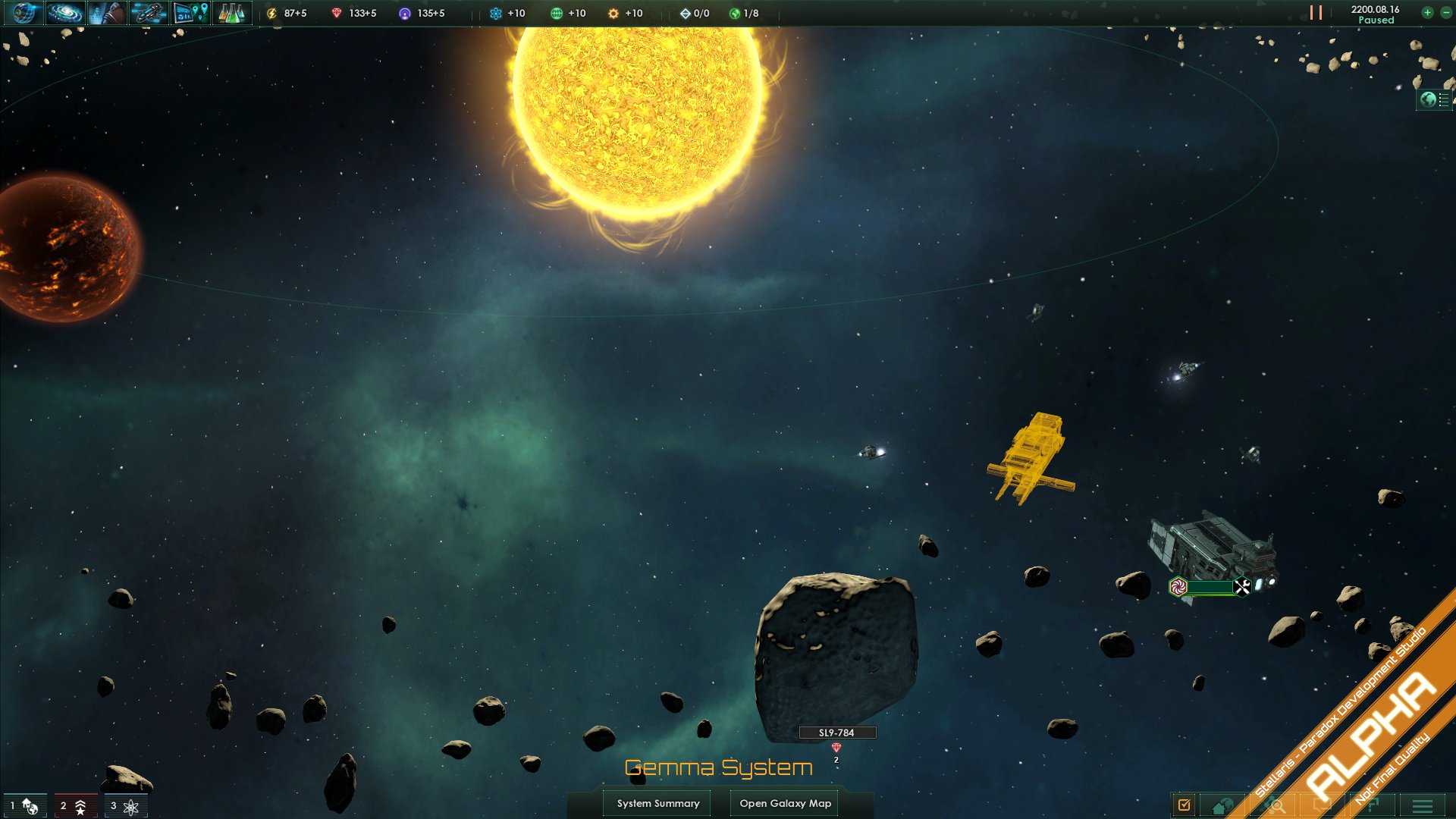
-
stellaris #8
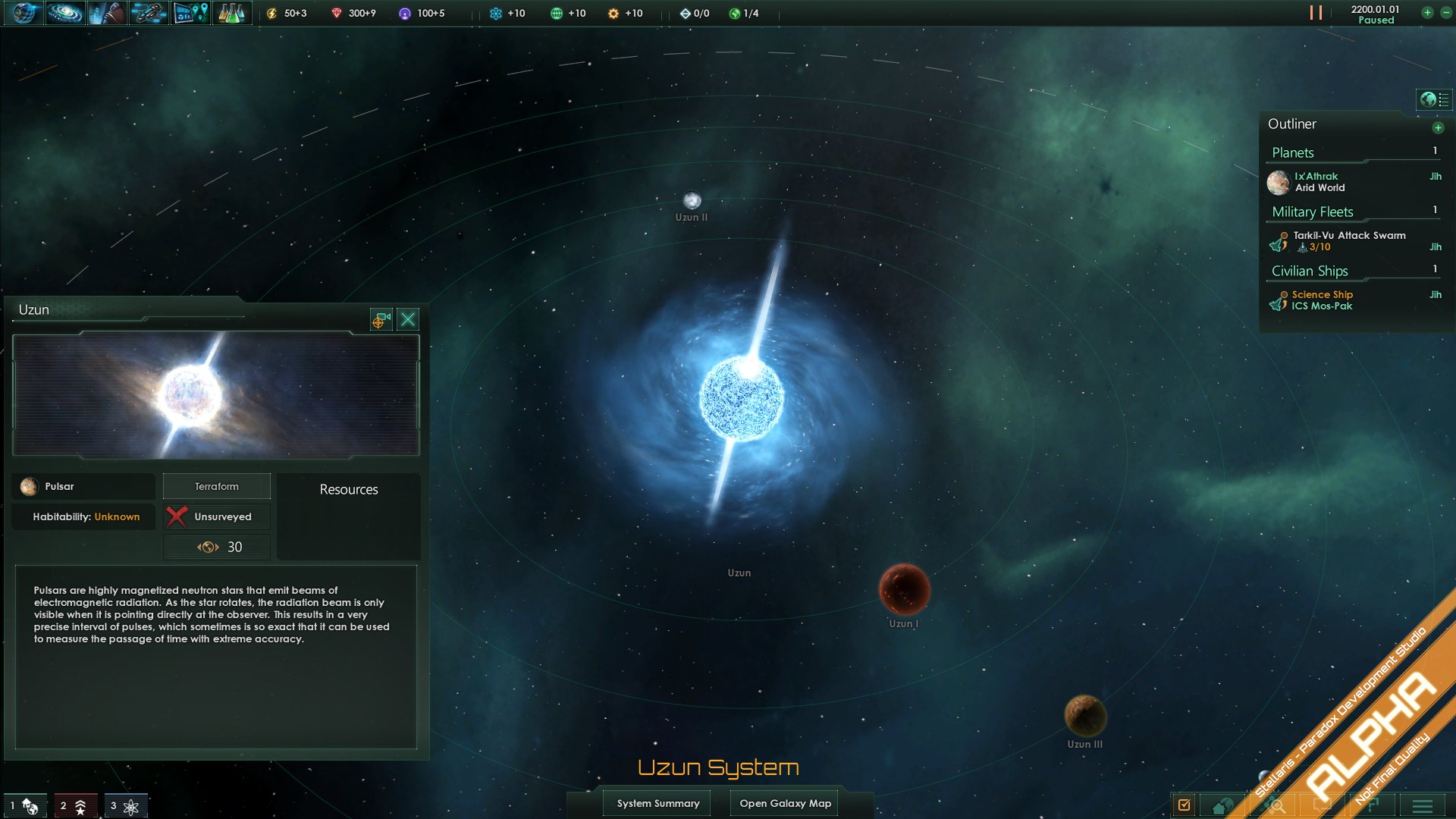
-
stellaris #9
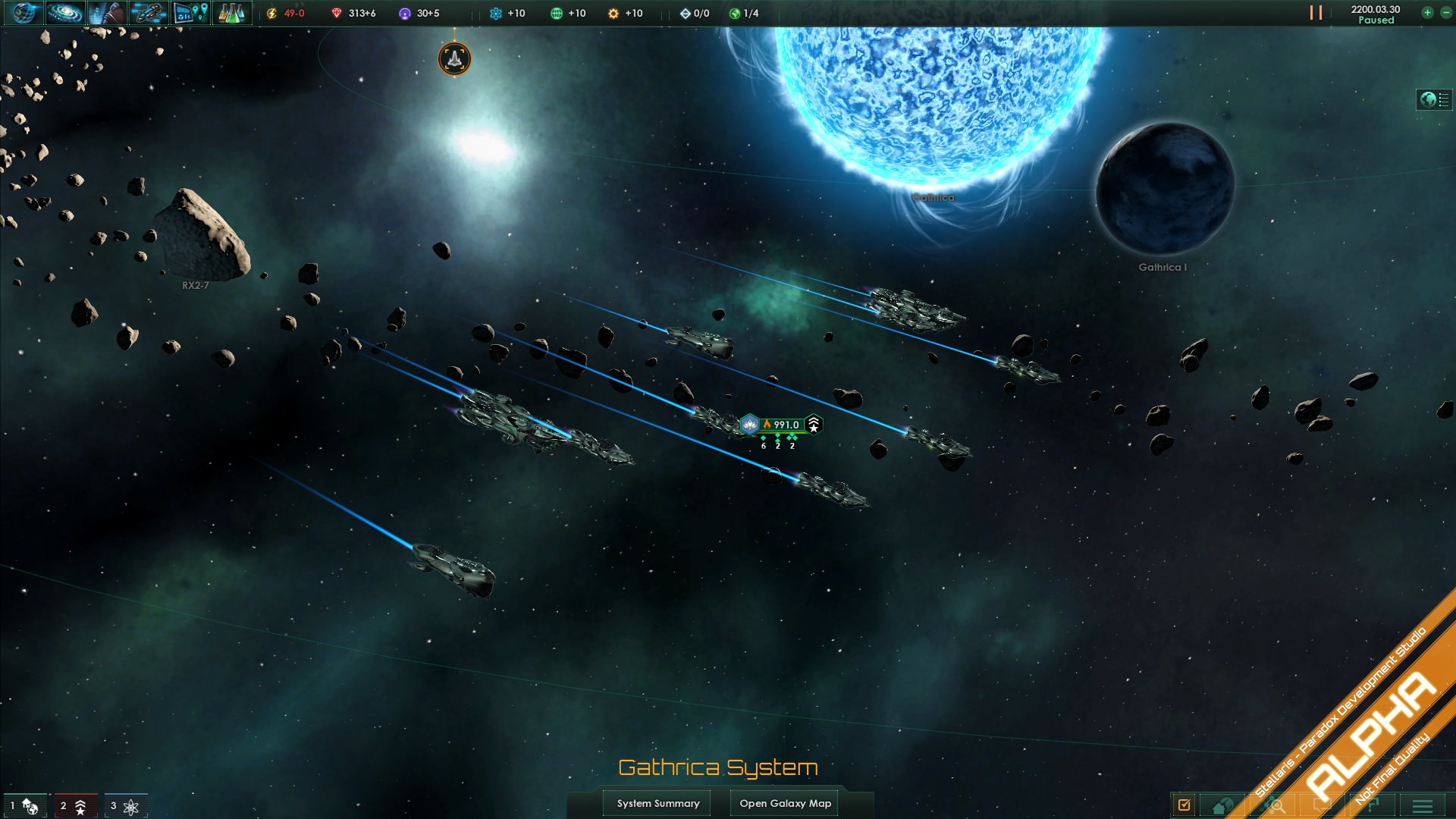
-
stellaris #10
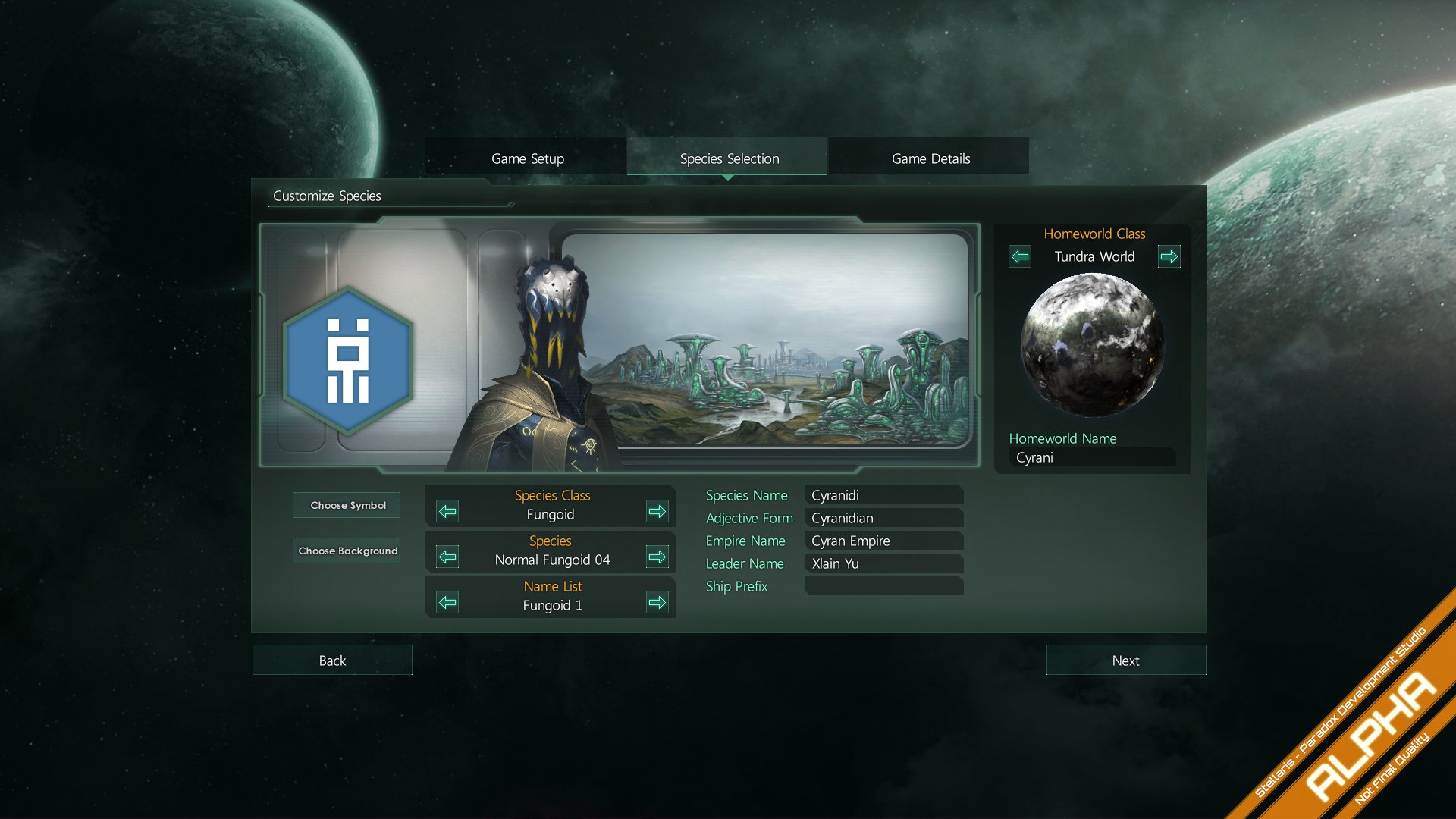
-
stellaris #11
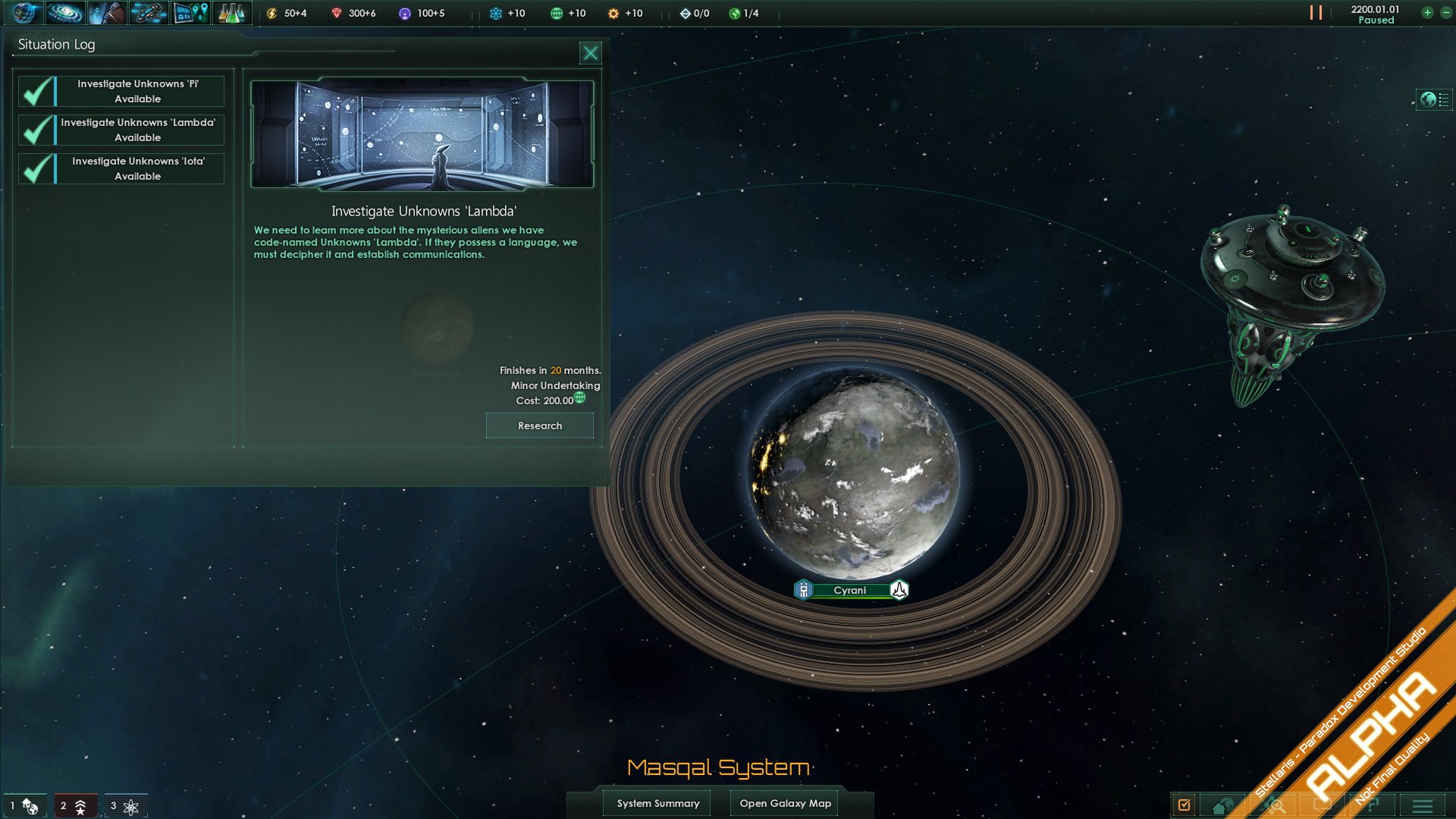
-
stellaris #12
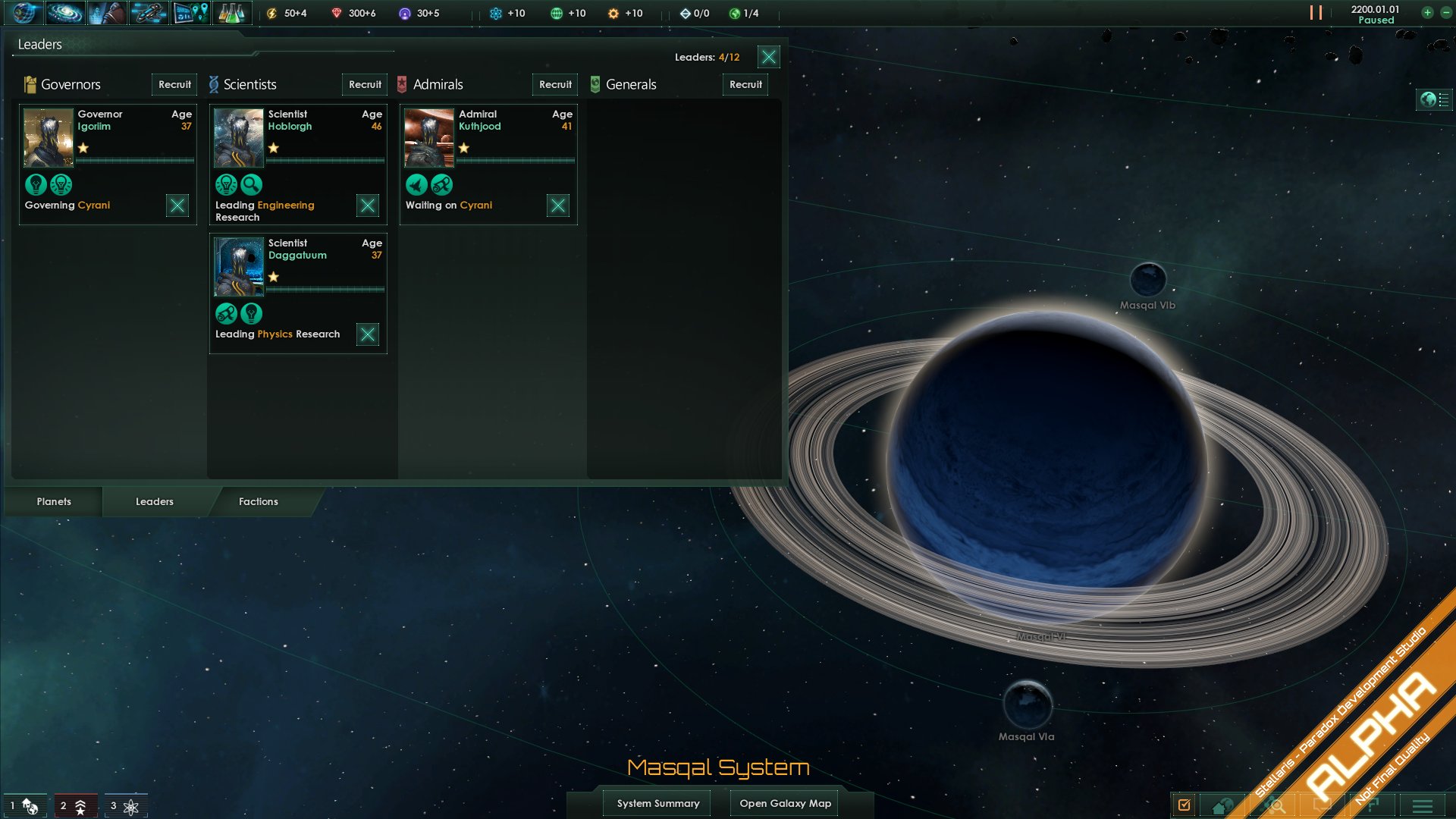
-
stellaris #13
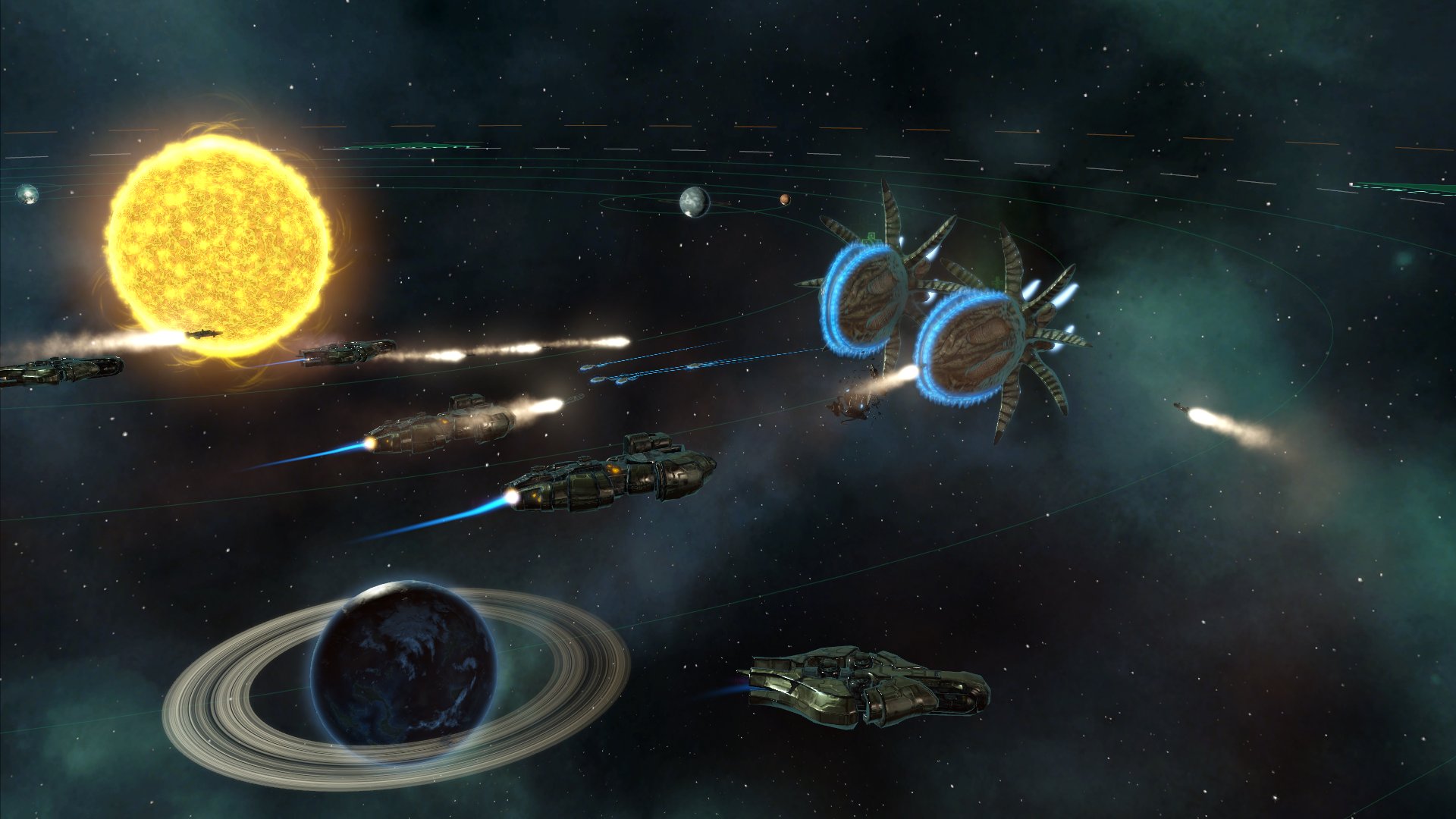
-
stellaris #14
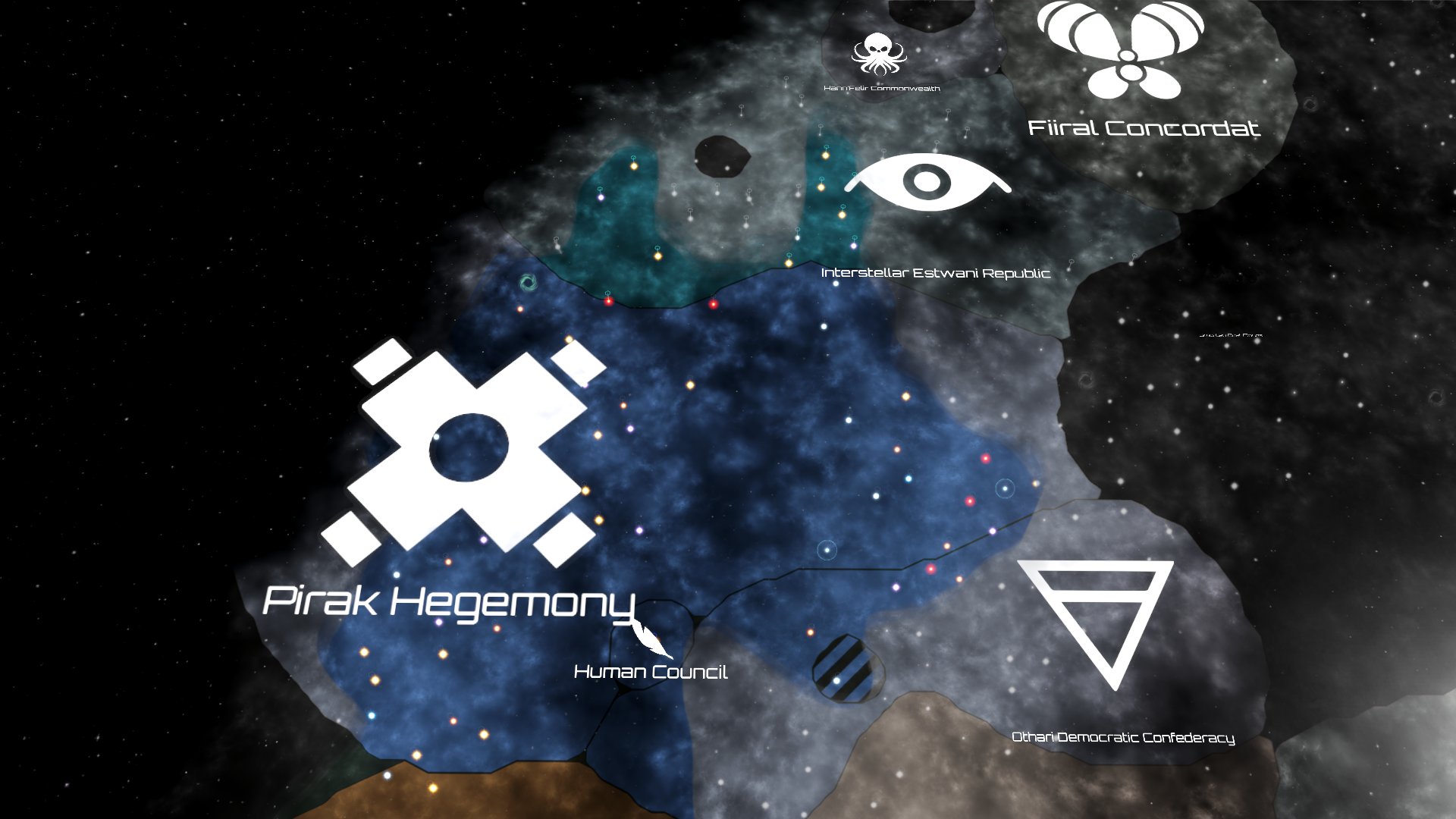
-
stellaris #15
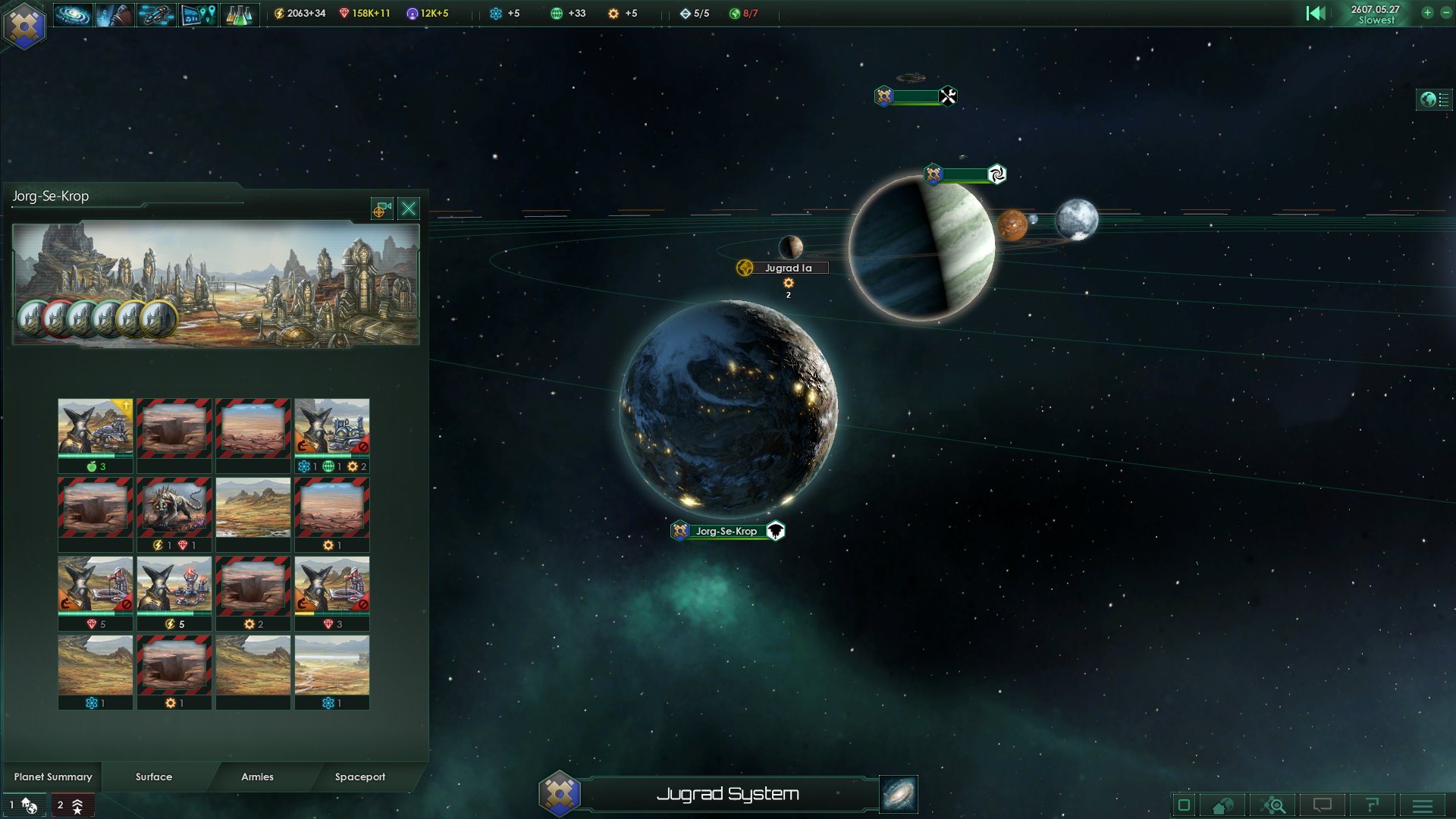
-
stellaris #16
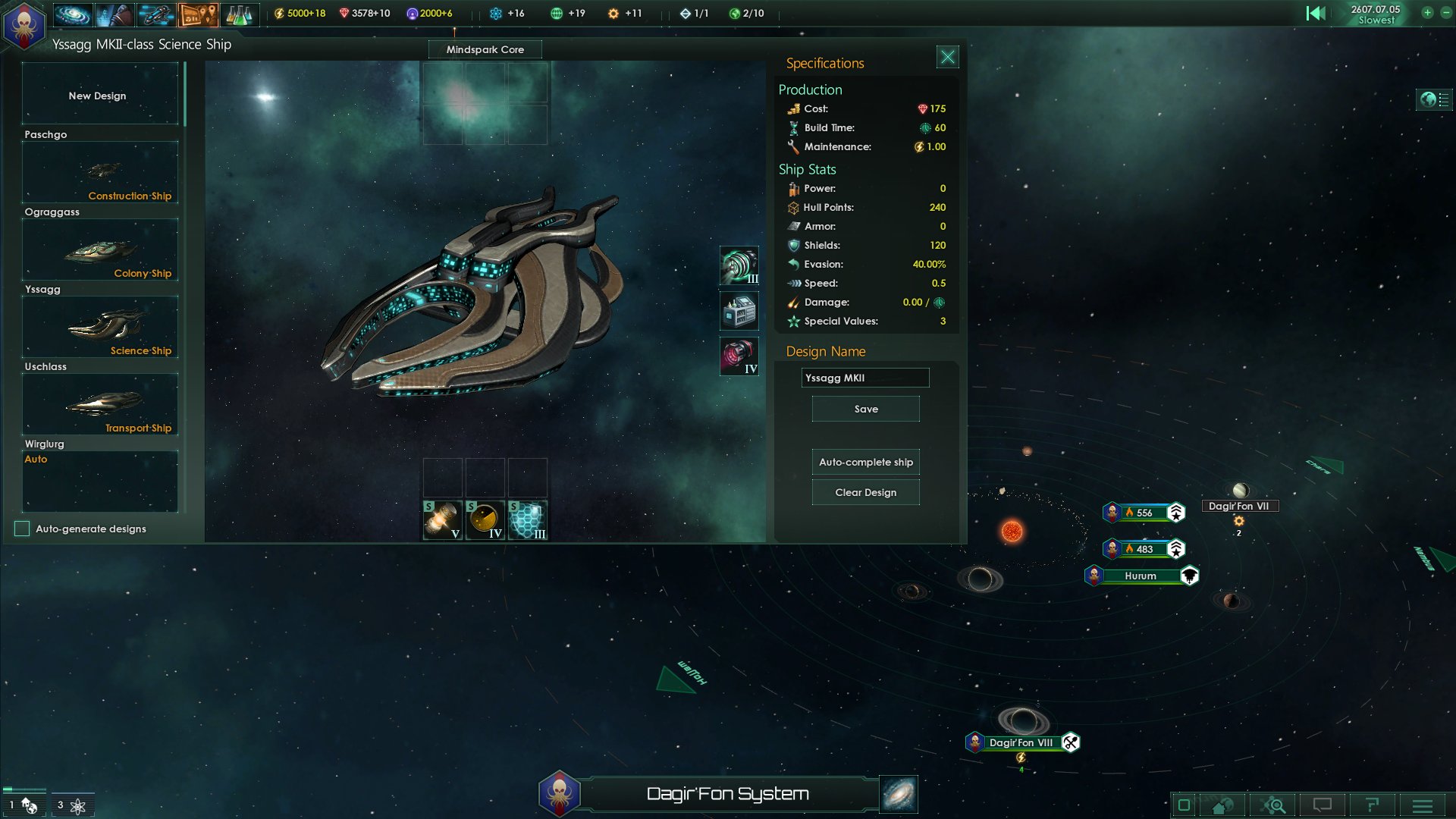
-
stellaris #17
